Building a modern, synchronous traceability system is a shield that not only helps the market operate transparently but also moves towards a sustainable economic development and deep international integration.

Goods of unknown origin are still rampant
In recent years, the Vietnamese market has been facing a situation where many types of goods of unknown origin and counterfeit origin have infiltrated all distribution channels. These products are sold in traditional markets, convenience stores and e-commerce platforms, causing great damage to legitimate businesses and seriously affecting consumer confidence.
Faced with this situation, the Government has tightened management, issued directives and dispatches requiring ministries, branches and localities to synchronously implement measures to prevent smuggling, trade fraud and origin fraud. The Ministry of Industry and Trade has closely coordinated with ministries, branches and localities to implement many solutions to improve the effectiveness of market management, combat smuggling, trade fraud, counterfeit goods and goods of unknown origin.
According to the latest figures from the Ministry of Industry and Trade, in just the first 9 months of 2025, the market management force inspected 17,746 cases, detected and handled 15,544 violations. Many of these cases involved trade fraud, goods of unknown origin, and many serious cases were prosecuted, demonstrating the determination of the authorities to clean up the market.
Although inspection and handling work has been strengthened, fraud is still complicated with increasingly sophisticated tricks, especially on e-commerce platforms. In recent years, e-commerce in Vietnam has grown strongly, but goods with unclear origins and lack of transparency are still widely sold as "dark spots".
Assessing the reasons why the traceability of goods in Vietnam is still inadequate, experts said that, in addition to the unchanged consumption habits - when many people still choose to buy goods of unknown origin because of their cheap price, the lack of uniformity in standards and criteria for tracing goods between ministries, branches and localities is also a major cause.
Dr. Le Quoc Phuong, former Deputy Director of the Center for Industry and Trade Information (Ministry of Industry and Trade), said that many businesses, especially small and medium-sized enterprises, are having difficulty establishing a traceability system. The current supply chain is increasingly complex, with many stages and inputs, so to achieve comprehensive traceability, businesses must invest significantly in technology and highly skilled human resources - which is beyond the capacity of many units. In addition, a number of businesses have not fully recognized the importance of traceability of goods and do not consider it a truly necessary issue.
Perfecting the traceability system
In the current context, tracing the origin of goods is becoming an urgent requirement, a shield to protect consumers and enhance the competitiveness of Vietnamese enterprises. Dr. Le Quoc Phuong said that Vietnam needs to soon build a national database system on tracing the origin of goods, connecting ministries, branches, localities and enterprises. Management agencies must update new technologies - from blockchain, cloud computing to artificial intelligence (AI) - to support businesses in a convenient and easy-to-use way.
“Traceability is essentially the application of technology in production management and circulation of goods. Businesses need to consider this as a passport to increase reliability, not just a procedural requirement,” said Mr. Le Quoc Phuong.
On the management side, the Ministry of Industry and Trade is focusing on completing the legal framework for the identification and traceability of goods. According to the Director of the Department of Domestic Market Management and Development (Ministry of Industry and Trade) Tran Huu Linh, this unit is presiding over the development of a Decree on criteria for origin of domestically circulated goods, in order to create a clear legal basis for distinguishing Vietnamese goods - imported goods, genuine goods - fake goods, and at the same time supporting the fight against trade fraud. The Department is also coordinating with relevant units to deploy advanced technology solutions such as QR codes, GS1 barcodes, blockchain and IoT to ensure accurate and transparent traceability.
“We aim to build a unified, modern, internationally compatible traceability system, where each product has a unique identification code - like the identity of the goods,” Mr. Tran Huu Linh affirmed.
Experts also said that to support businesses, ministries and branches need to provide online traceability tools such as electronic diaries, positioning systems and mobile applications to help businesses, cooperatives and production households update product information automatically, quickly and accurately. In particular, there should be green credit policies and tax incentives for businesses investing in traceability systems, encouraging digital transformation in production and trade.
When data is public, transparent and accessible, consumers will become “smart supervisors” of the market; genuine businesses will be protected; management agencies will reduce the pressure of manual supervision. That is the foundation for forming a transparent, fair and sustainable commodity market, where Vietnamese goods affirm their position and trust in the digital economic era.
Source: https://hanoimoi.vn/truy-xuat-nguon-goc-hang-hoa-la-chan-bao-ve-thi-truong-723838.html








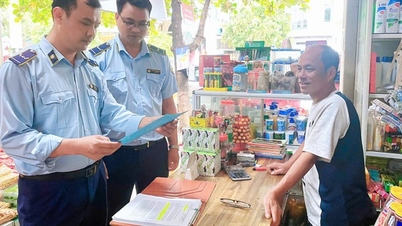



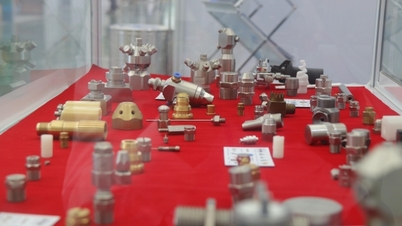



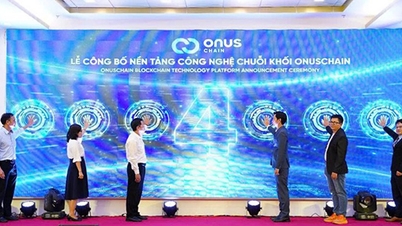





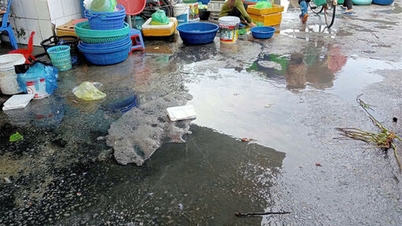



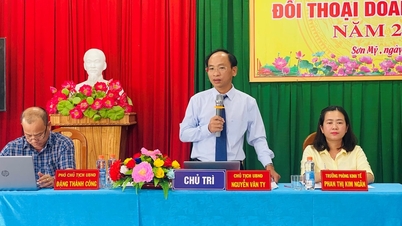

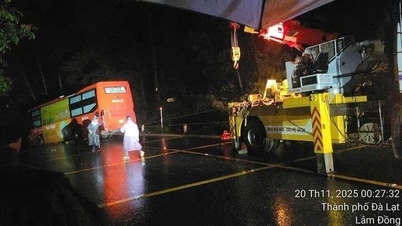

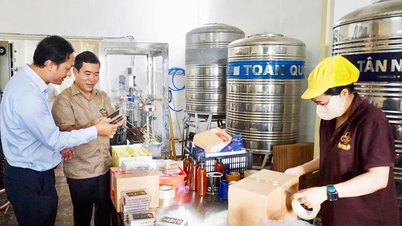







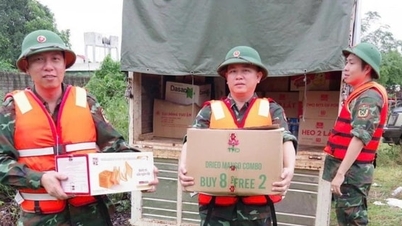

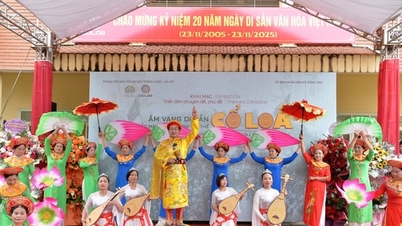










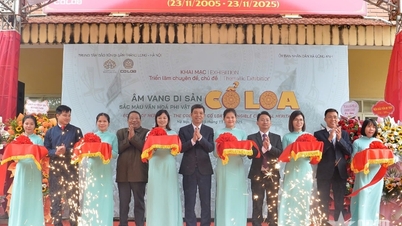





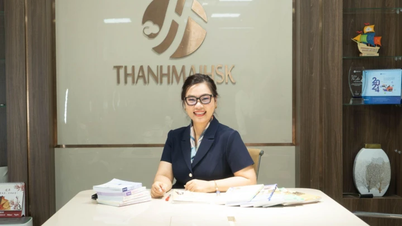

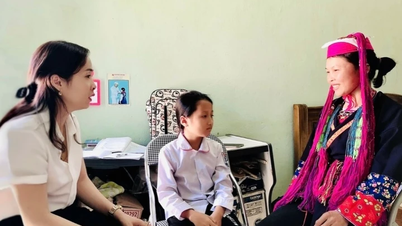




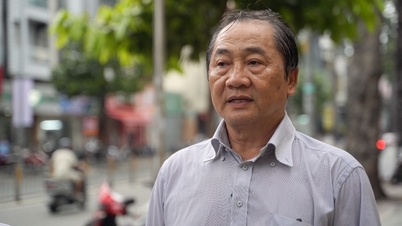







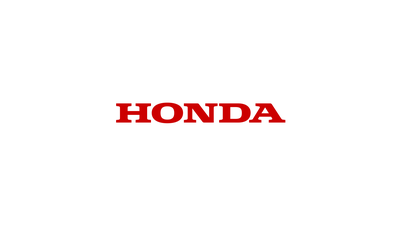










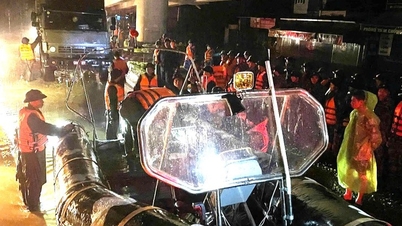














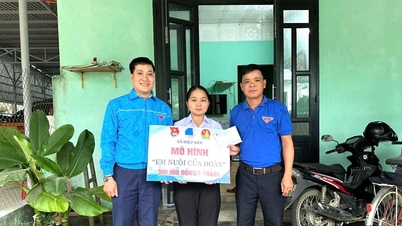
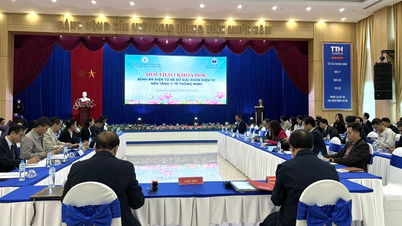














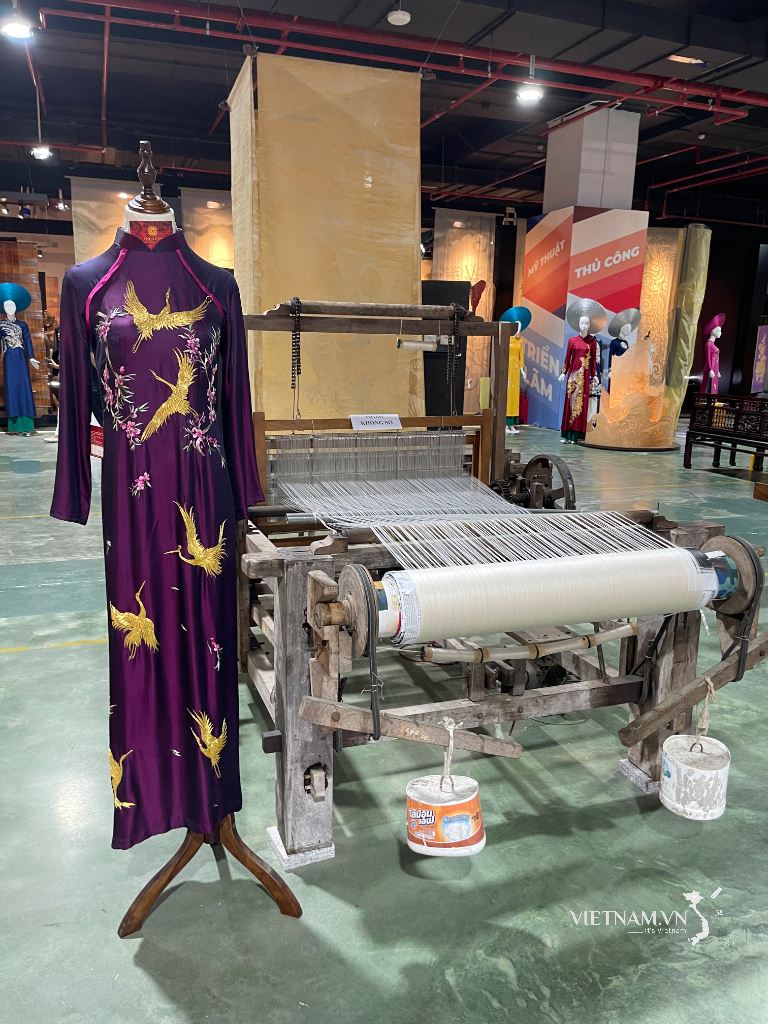



Comment (0)